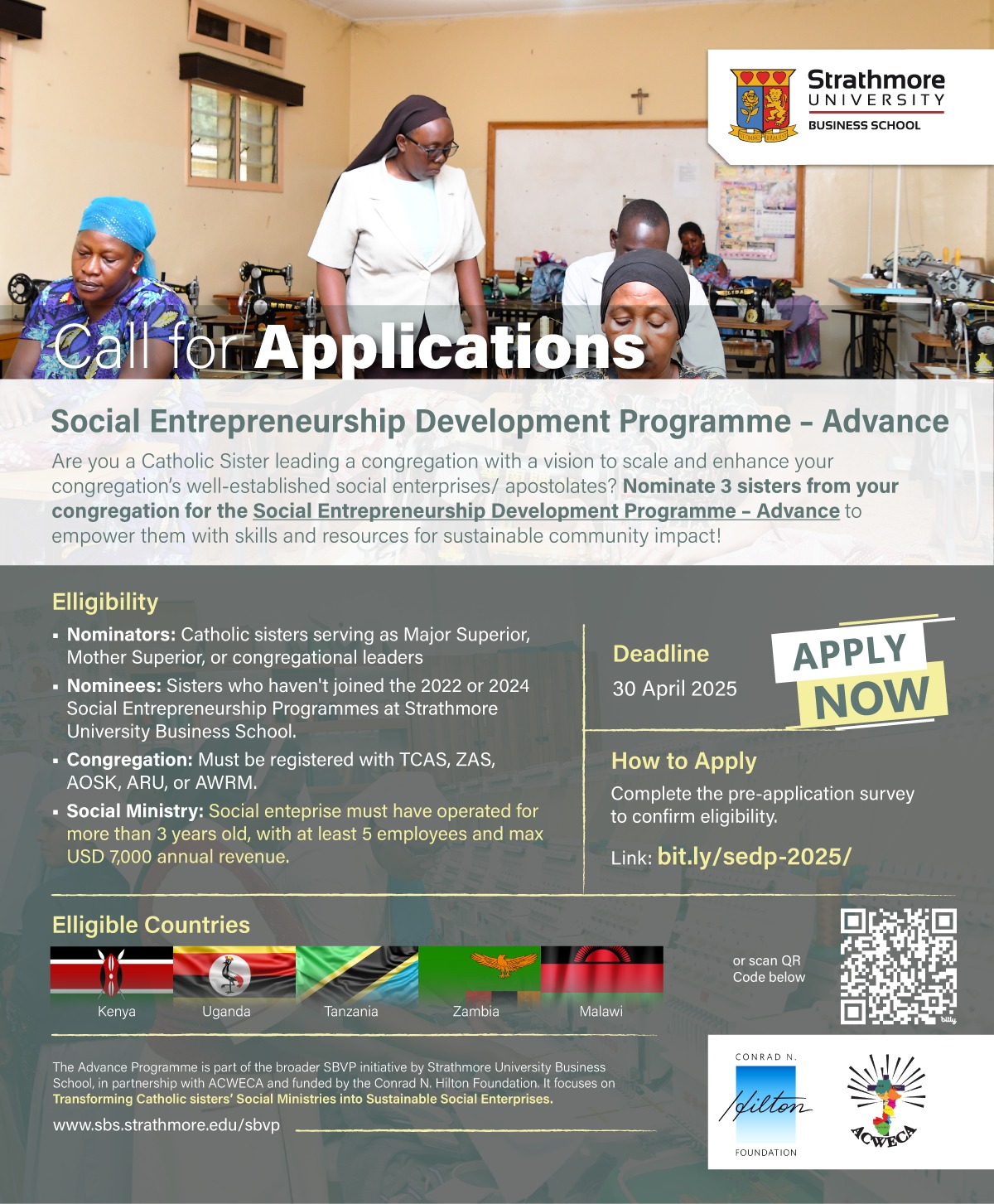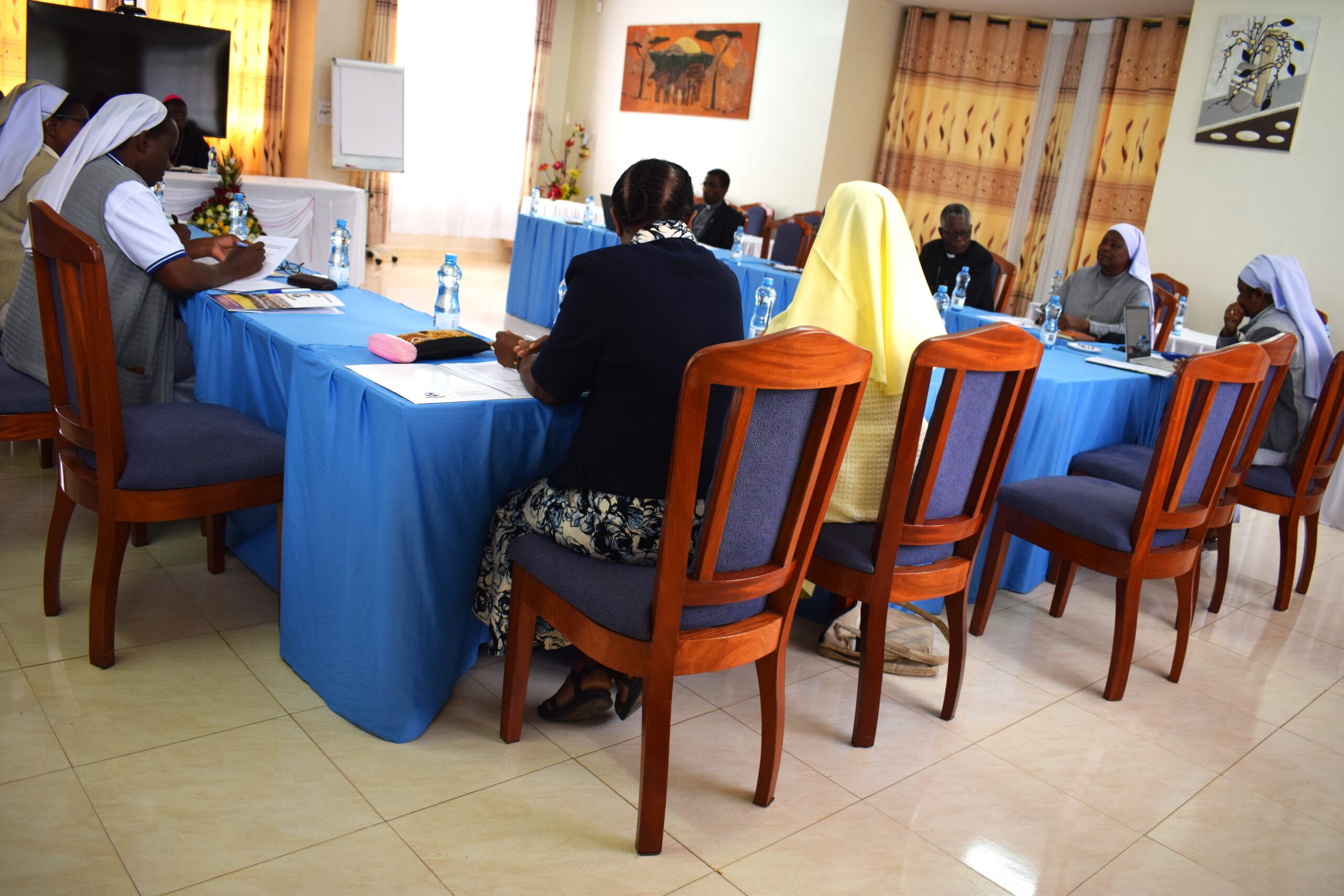Release the children of God, in the great Jubilee Year
Pilgrims of Hope, together in prayer!
AMECEA Chairman, Rt Rev. Bishop Kasonde has called on African governments to back the call for the cancellation of debt, calling it a moral responsibility. He said this at the launch of Africa debt cancellation campaign in Nairobi, Kenya recently. Bishop Kasonde said that debt relief is the only way forward for poor countries to pull themselves out of the debt crisis and support the growth of their economies. According to the Bishop, this is very important since debt is entered into by the governments on behalf of their people. However, many times the people governed are never aware what debt is entered into and the purpose for entering into the debt arrangement.
In this jubilee year, Bishop Kasonde echoes the words of Pope Francis that “debt forgiveness transcends mere economic calculus” and that it is a “profound moral responsibility when debt burdens entrench poverty amplify inequality and stifle economic growth”.
From the Bible perspective, periodical debt cancellation and restoration of economic equilibrium can be a beacon of hope and a remedy for the poor. In the jubilee year 2025, themed Pilgrims of Hope, Bishop Kasonde called on everyone to prioritize human dignity over corporate profits.
“Debt is not a gift from an uncle”, was a regular saying of a Catholic Nun that took the frontline to educate the masses on the ills of debt in the early 2000s. Sr. Nuala Brangan IBVM, (RIP), was among 13 nuns that were arrested, spent a night in a police cell, and were arraigned in court 25 years ago while protesting against the immorality of debt. The Catholic nuns were part of the then KENDREN (Kenya Debt Relief Network), a Kenyan coalition for the cancellation of debt as a cruel and immoral reality oppressing the people of Kenya. They were arrested for participating in a peaceful march to call for the cancellation of debt in Kenya.
More than two decades later, the issue of debt is still pressing global concern, and a pain in the neck for many third world countries, and they find themselves trapped in a vicious cycle of poverty out of which they are unable to pull themselves.
During the launch, Fr. Charles Chilufya, the Director of the Jesuit Justice and Ecology Network in Africa emphasised the need to redefine the global economic architecture, where the economy is pegged in dollars. African countries make their money in local currency but have to pay back in dollars. He lamented that some countries were indebted up to or beyond 100% in terms of GDP debt ratio and that negative credit rating and that downgrading of poor countries is unjust. This also communicates to the world that these countries are risky places to invest in and that they are incapable of repaying their debt.
He said that we need to raise the people’s consciousness and power to intervene in situations that concern them, especially with regard to odious debt but they are not involved in the interventions therein. He decried the culture of silence as killing the African continent, and that the people need to use the law to push the common good.
Speakers at the JENA event called the debt unconstitutional and a crisis that calls for resetting and reforming the way we look at debt. They challenged the media to take up the issue noting that the media can help the people in taking up their citizenry role in the process and challenge their political leaders to properly manage the debt using existent policies and ensure public participation in the process.
Jesuit priest Fr. James Kayanda decried the fact that education, health and other social services have been neglected and are not getting enough funding and that it is the common people who feel the pinch. He called on African countries to organize themselves to collectively push forward the issue of debt cancellation.




